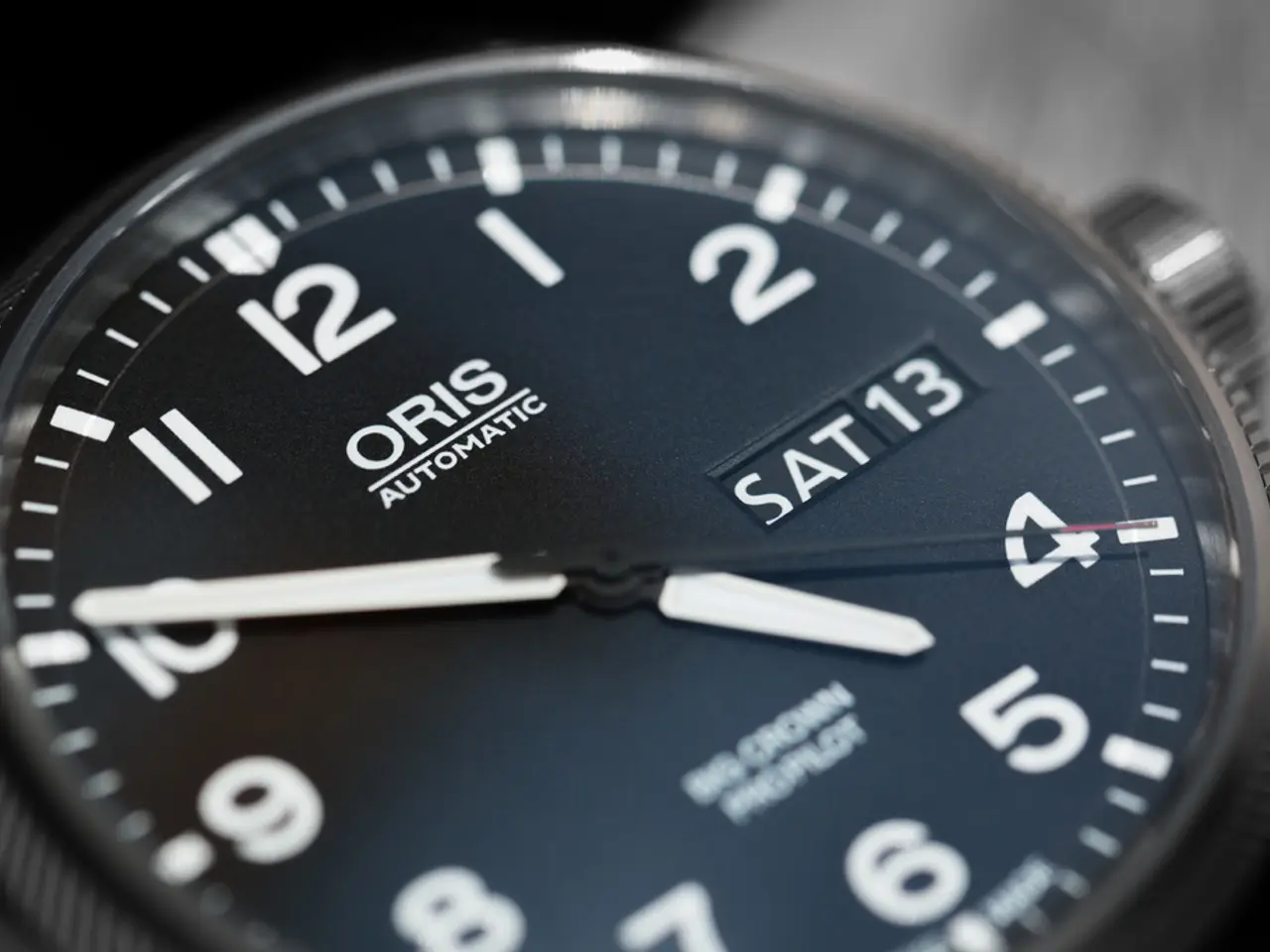Smartwatch Accuracy in Assessing Stress Levels Questioned by Recent Study
A series of recent studies, including a large one published in the Journal of Psychopathology and Clinical Science, have raised concerns about the accuracy of smartwatches in measuring stress levels, specifically the Garmin Vivosmart 4.
The research, involving nearly 800 users over three months, showed an almost zero correlation between the watch’s stress readings—derived from heart rate (HR) and heart rate variability (HRV)—and users’ self-reported emotional states.
The Garmin Vivosmart 4 uses HR and HRV data to generate a stress score from 0 to 100, aiming to capture physiological indications of stress. However, the device often misinterprets other high-arousal states like excitement, physical activity (e.g., running, climbing stairs), or even sex, confusing them for stress due to similar heart rate changes.
Researchers highlight that smartwatches measure physiology but lack context to differentiate stress from other causes of increased heart rate. While stress measurement is unreliable, the device performs well in sleep tracking accuracy, especially in recording sleep duration, though linking that to tiredness is less strong.
Wearable manufacturers, including Garmin, acknowledge these limitations and recommend consistent wear, especially during sleep, to improve data reliability. However, the study's authors warn that the data from these consumer devices should be approached with caution when it comes to mental states.
"Be careful and don't live by your smartwatch - these are consumer devices, not medical devices," said Eiko Fried, one of the study's authors.
The study notes that there is very weak to no association between self-report and physiological measures of stress for the majority of individuals in the sample. The study raises questions about differences between data sources and potential measurement issues related to smartwatches used to monitor stress levels.
The study did not mention any specific findings related to the Garmin Vivosmart 4's ability to accurately measure tiredness or sleep. However, the report states that the watches were very good at measuring sleep, although associations were weaker for tiredness.
A 2023 meta-analysis of studies about wearables and stress management found that the effect of wearable-based approaches on alleviating or reducing stress had not been analyzed. Most studies up until the 2023 meta-analysis had focused on presenting overviews of wearable devices.
In summary, the consensus from recent research is that smartwatch stress level metrics should be viewed cautiously as they often do not correspond to actual psychological stress. Wearing the watch more frequently can help create a better understanding of the full range of stress and relaxation states that an individual experiences, according to Garmin's website.
- Despite advances in technology, the accuracy of smartwatches like the Garmin Vivosmart 4 in measuring stress levels, specifically its correlation with users' self-reported emotional states, has raised concerns in recent studies.
- The Garmin Vivosmart 4 utilizes heart rate (HR) and heart rate variability (HRV) to generate a stress score, but it often misinterprets other high-arousal states as stress due to similar heart rate changes.
- Researchers have emphasized that smartwatches measure physiology but lack context to differentiate stress from other causes of increased heart rate, which questions their reliability in monitoring mental health.
- While the Garmin Vivosmart 4 performs well in sleep tracking accuracy, the link between sleep duration and tiredness measured by the device is less strong.
- The future of wearable devices in health-and-wellness, including mental-health management, remains uncertain, with questions about their effectiveness in alleviating or reducing stress levels still unanswered according to the 2023 meta-analysis of studies.




